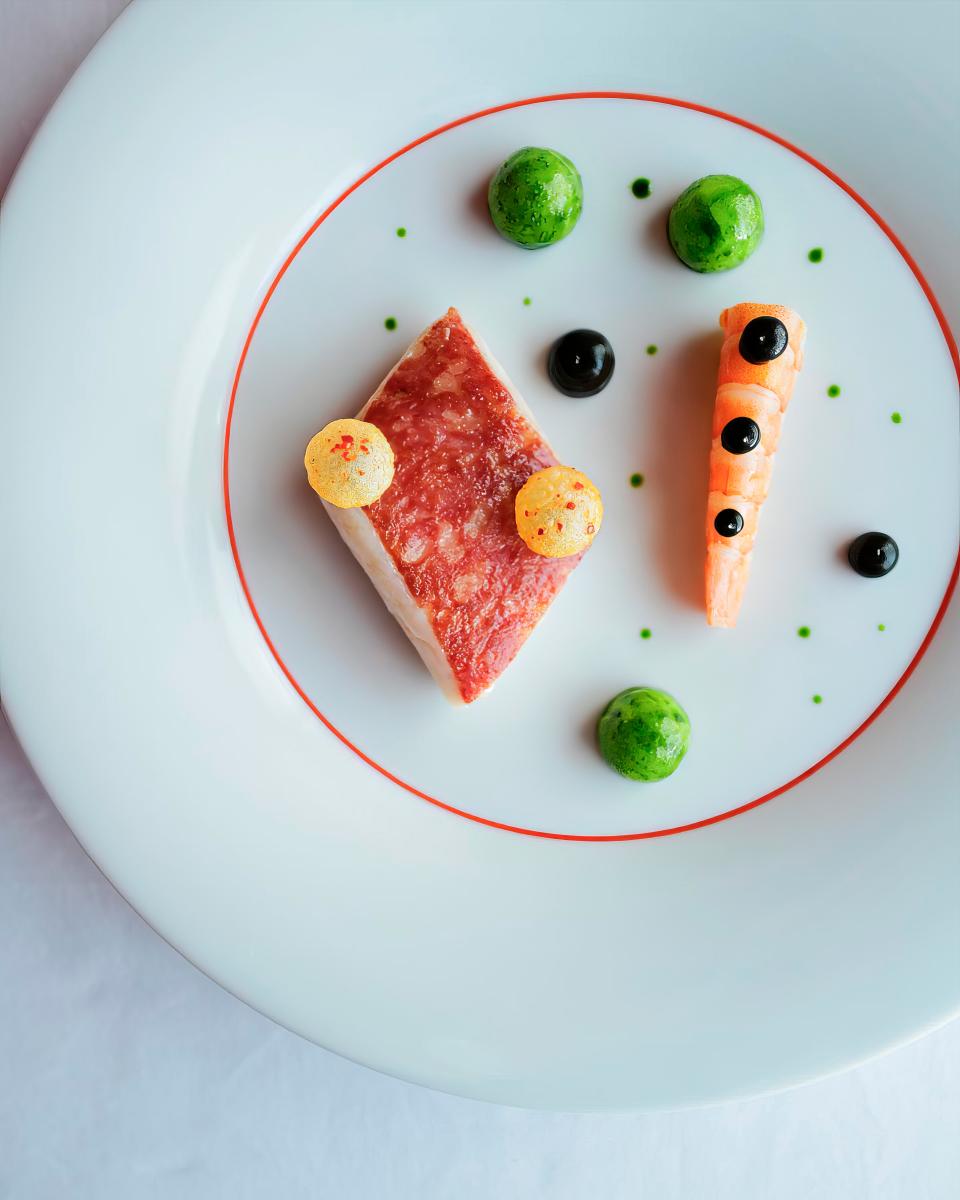LAST year marked a historic milestone for local food enthusiasts as Korea’s premium MiGyeongSan Hanwoo beef made its Malaysian debut. With the help of Plan New founder Olivia Lee-Lepinoy, Malaysia became the first country outside South Korea to sample the exclusive halal beef delicacy.
This year, Lee extends the tradition yet again, introducing Korea’s premium seafood to local food enthusiasts. Working with Korean chef Son Jongwoon and Japanese chef Masashi Horiuchi, the culinary experts introduced several luxury-grade seafood items to the domestic dining scene.
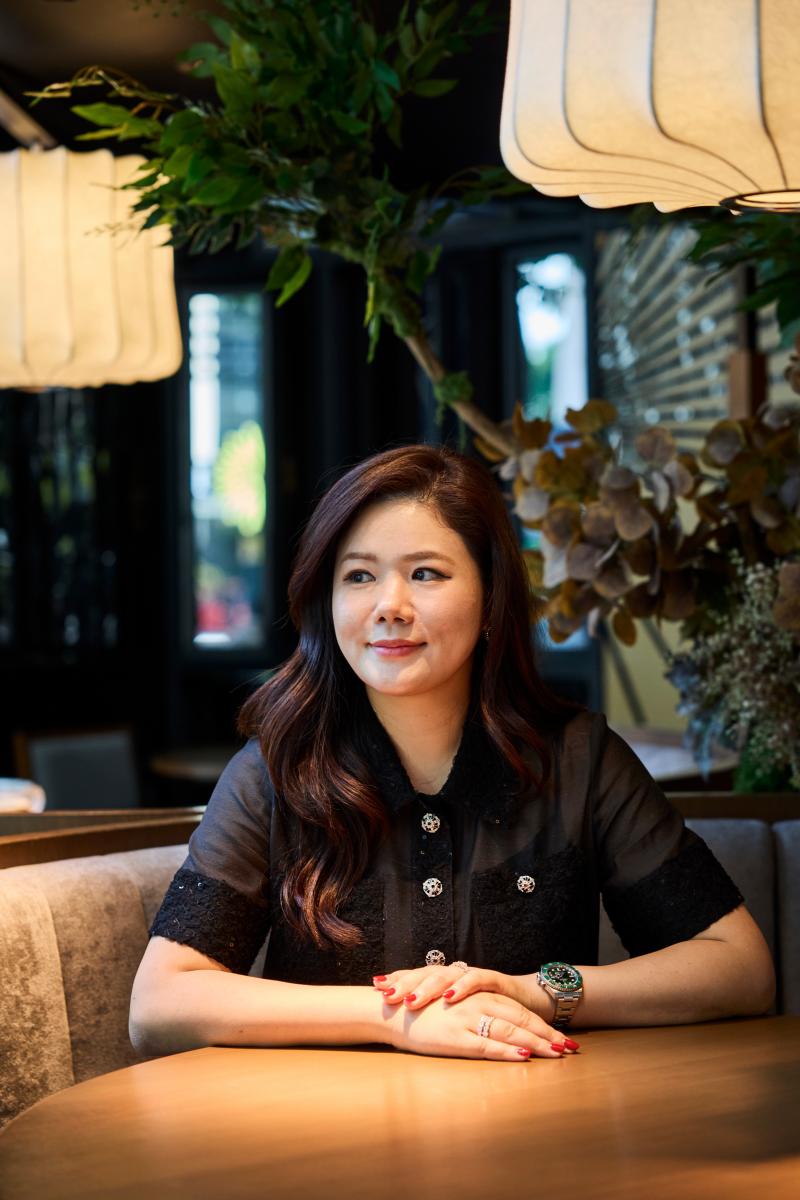
Helming two Michelin-starred restaurants, Son specialises in preparing top-notch modern Korean cuisine. Whereas Masashi is known for his expertise in Japanese and French cuisine, allowing pure flavours of the produce to shine in his culinary pursuits.
Together with Lee-Lepinoy, they presented Korea’s premium seafood in a one-day-only dining experience, officially introducing it to Malaysians for the first time.
Robust options
The South Korean nation is surrounded by three oceans – the Japan/East Sea, the East China Sea and the Yellow Sea, which gives its fishermen exclusive access to a diverse set of marine life. While the oceans are contiguous, each aquatic region has a distinct ecosystem.
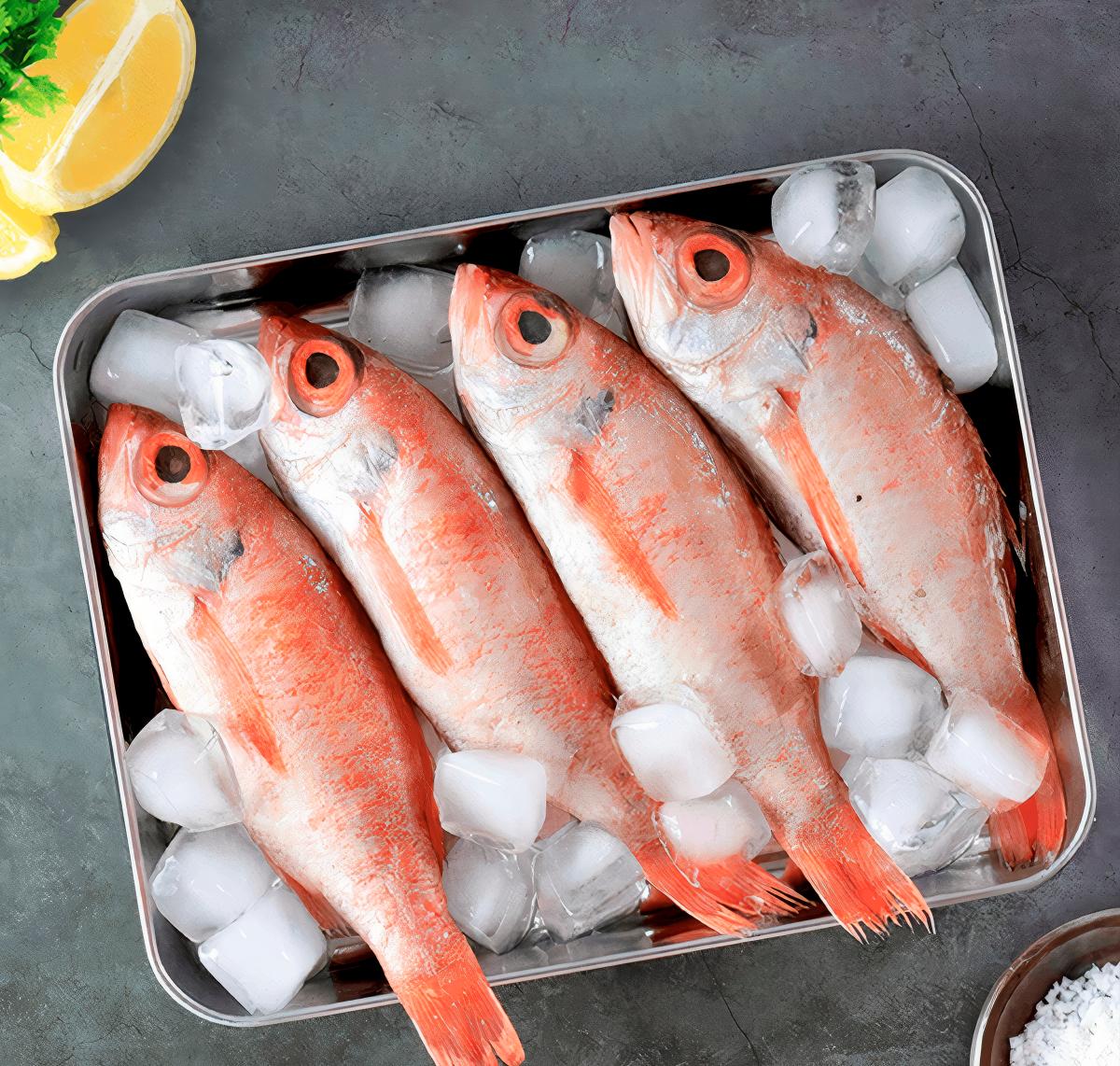
Lee-Lepinoy brought over 15 delicacies from the peninsular seas. The highly prized exclusive delicacies include the Blackthroat Seaperch KeumTae, Pei Mama premium dried Korean wild sea cucumber, premium Korean snow crab and the Korean premium Pungcheon eels.
“The success with the Hanwoo beef last year inspired me to venture into seafood. Premium seafood has not been introduced in Malaysia before. So, it felt like the right time to introduce good seafood here,” she told theSun.
Similar to the Hanwoo beef, the seafood delicacies are well regarded for their natural flavours. The Blackthroat Seaperch KeumTae, also known as “the crown prince of fish”, for one, is recognised by Michelin-starred restaurants for its exceptionally tender and buttery meat.
The Pei Mama premium dried Korean wild sea cucumber, premium Korean snow crab and the Korean premium Pungcheon eels, on the other hand, are well-regarded for its nutritional and savoury flavour.
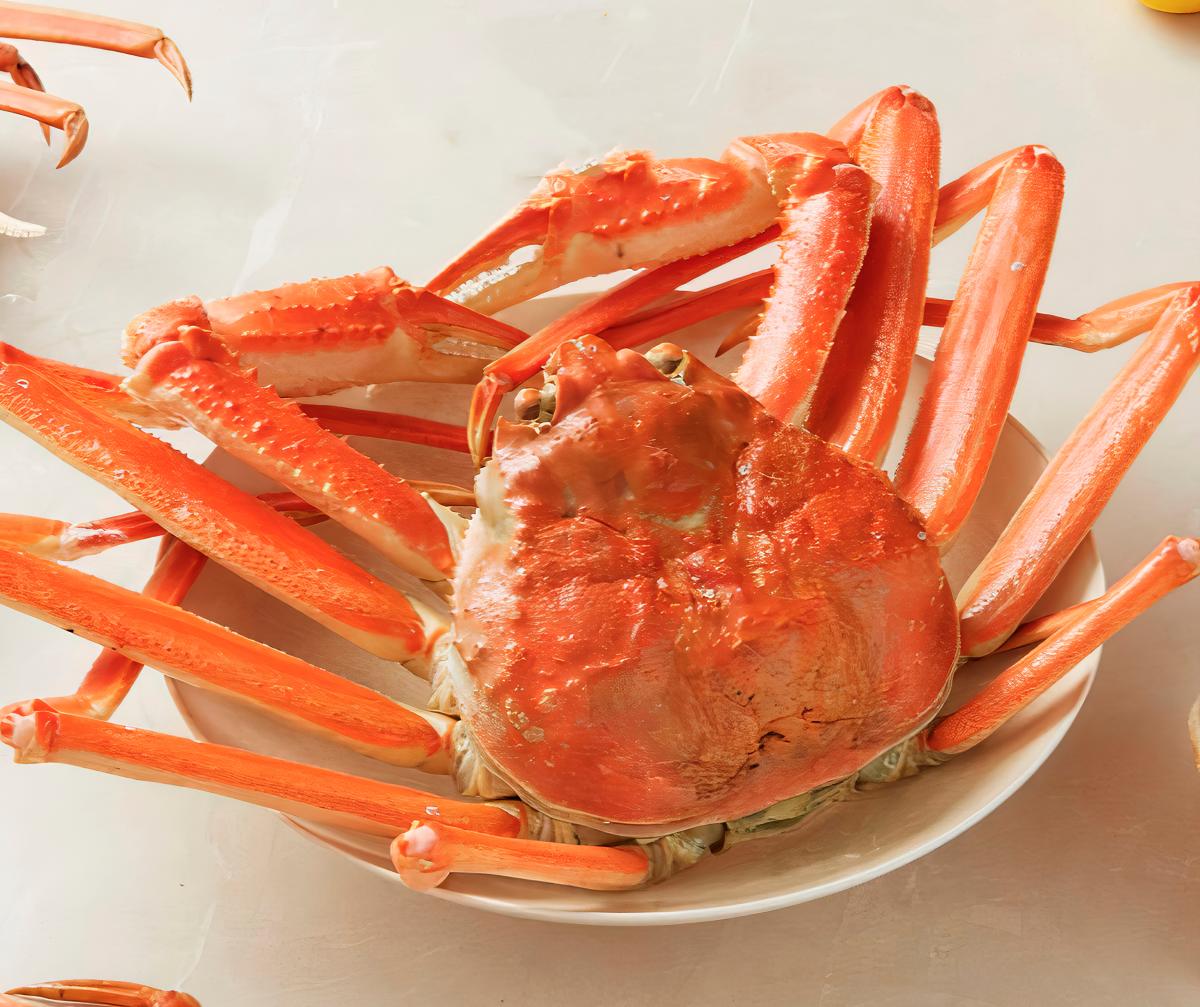
Firmer texture
Apart from its exclusivity, the delicacies also have a firmer texture. Considering Korea’s chilly weather and water, the fish and crustaceans have firmer flesh that is moist and fresh, improving their taste significantly.
“The seafood in Malaysia is of good quality, no doubt and Malaysians are in no shortage of it. But, it is because we have cold water in Korea that our seafood tastes different. Its flesh is firmer,” noted Lee.
According to Masashi, the difference in texture is also due to the contrast in preparation methods. The practice of ikejime is not a common practice among local fishermen here.
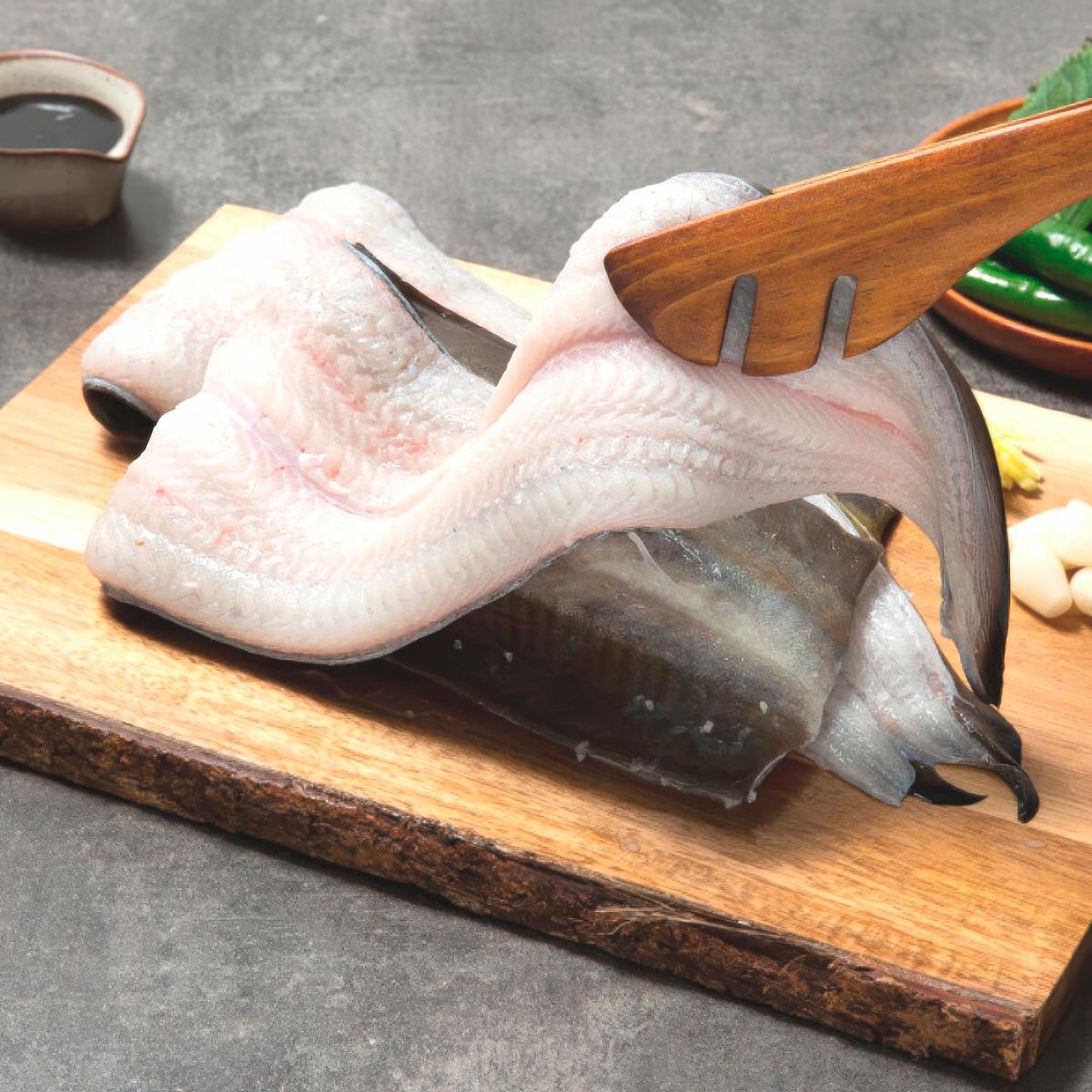
A Japanese method of dispatching fish, ikejime prioritises the quality and flavour of flesh by minimising stress and speed of death. The technique involves inserting a spike into the fish’s hindbrain to induce immediate brain death, followed by bleeding the fish to further enhance its quality.
“This process affects the quality, as it is important for the fish. I noticed a lot of fishermen here do not practice the process. So, the quality and flavour are different from the Korean seafood,” shared Masashi.
Son echoed similar remarks, noting the difference in taste and flavour would entice local food enthusiasts.
“How the fish and crustaceans are kept is also different. That really matters as it affects the quality. So, I am sure Malaysians would be open to trying out seafood that is prepared differently,” Son claimed.
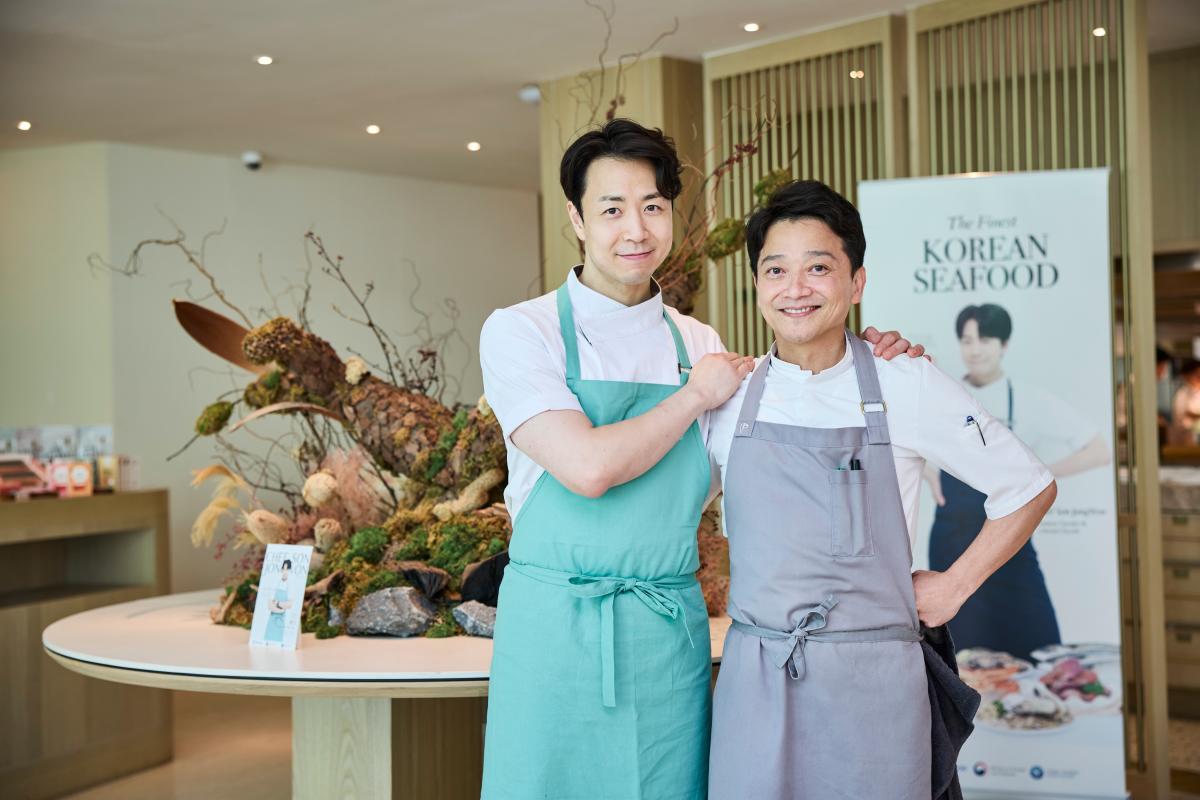
Wealth of options
Lee-Lepinoy is aware of the rich options of local seafood in Malaysia. She often indulges in chilli and pepper crabs any chance she gets, considering herself a lover of local seafood.
With the introduction of these new seafood offerings, the former chef simply aims to widen the choice of options and not overshadow the local offerings.
“My top priority is to maintain the quality of the Korean seafood with good consistency. I am also not persuading locals to buy immediately. I am just letting them know that there is a different option,” she said.
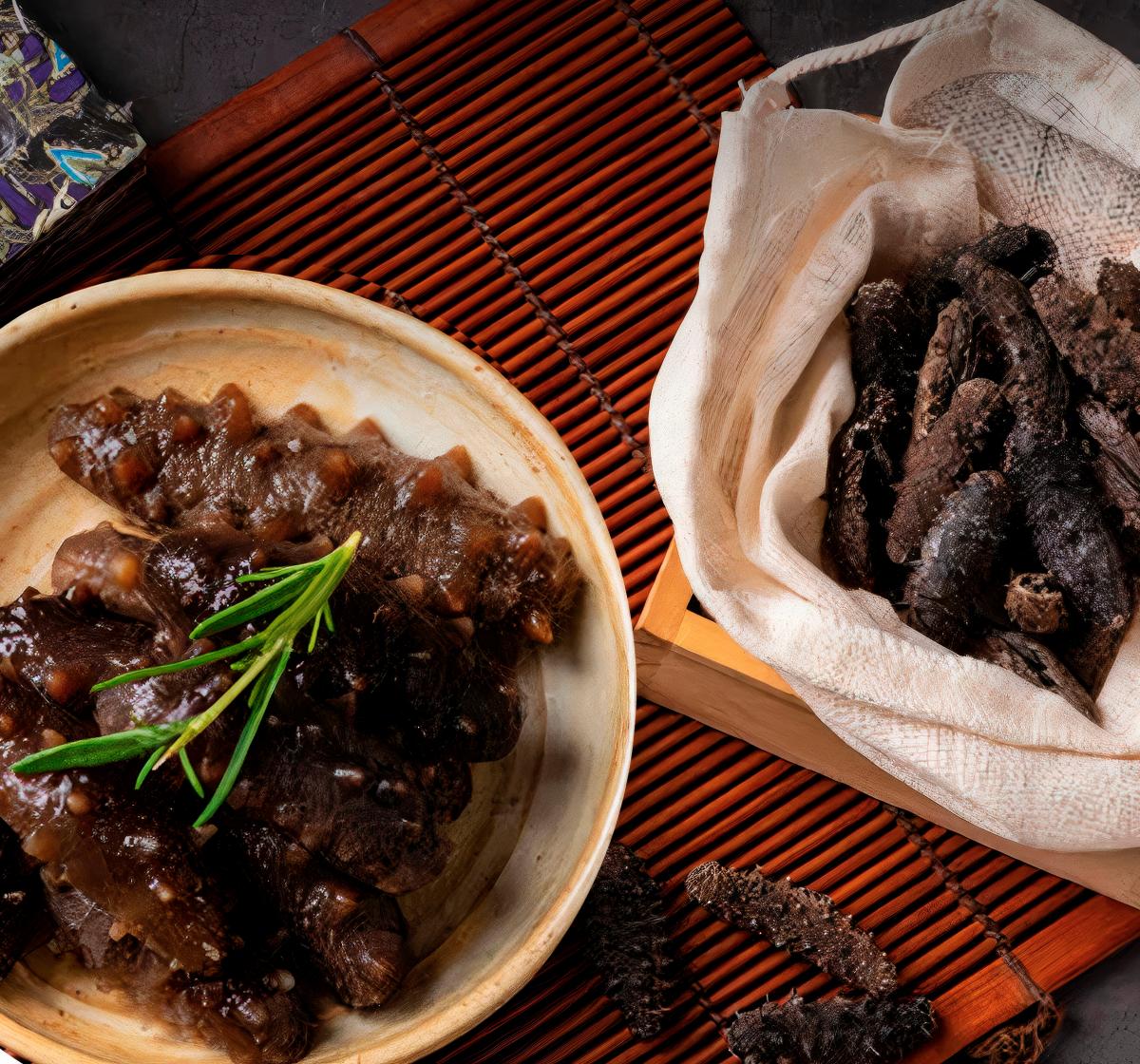
Lee-Lepinoy, therefore, aims to continue implementing various promotional activities to raise awareness about the Korean goods. From collaborating with renowned chefs to carefully sourcing goods, she expressed hopes to continue sharing her love for Korean goods with Malaysians.
“It is step by step. I am not in a hurry to sell everything immediately. But if we find success with seafood like the Hanwoo beef, I will continue to introduce more goods from Korea. That is my strategy,” she concluded.
The seafood offerings are now available at Culina Kuala Lumpur in Four Seasons Shoppes. Shoppers, restaurant owners and chefs can purchase it from RM237.40 for 100g. Alternatively, customers can select and have it served at Culina Bistro for RM178 onwards.



